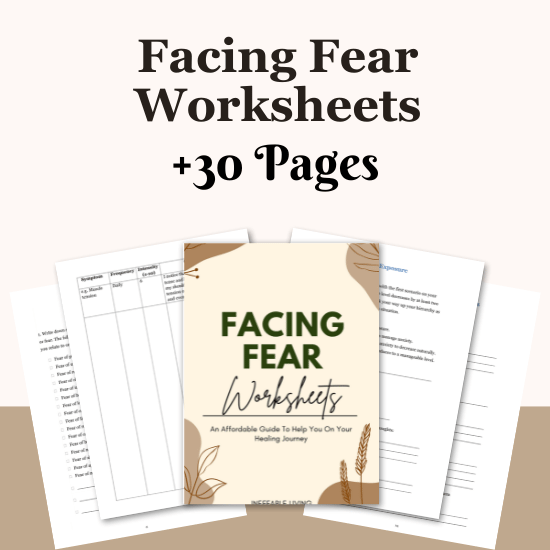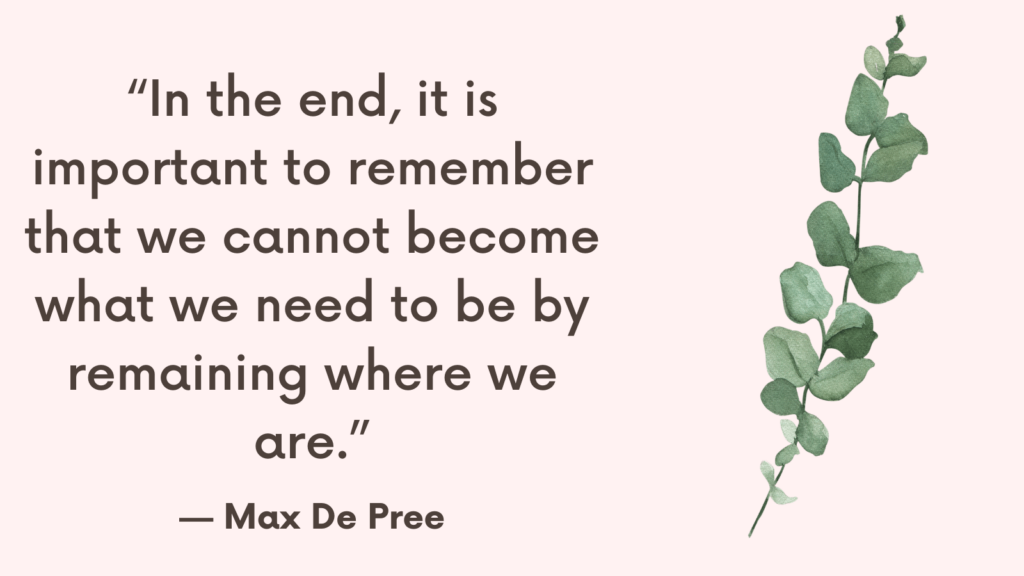In this blog post, we’ll explore what fear of losing control entails, how it manifests, and effective strategies to manage and overcome it.
What is the Fear of Losing Control?
The fear of losing control involves an intense worry that you might act irrationally, unpredictably, or inappropriately in certain situations.
This fear can manifest in various ways, such as:
– Fear of Emotional Outbursts: Worrying that you might suddenly start crying, screaming, or becoming violent.
– Fear of Physical Symptoms: Concern that you might lose control of bodily functions, such as fainting, vomiting, or having a panic attack.
– Fear of Mental Breakdown: Anxiety about losing your sanity, becoming hysterical, or behaving irrationally.
This fear is not limited to social situations but can also occur during everyday activities like driving, eating in public, or attending work meetings.
Related: Best 15 Books About Fear
How the Fear of Losing Control Leads to Social Anxiety
Social anxiety disorder is characterized by an intense fear of being judged, humiliated, or embarrassed in social or performance situations.
The fear of losing control can exacerbate social anxiety by adding an extra layer of worry about potential catastrophic outcomes in these situations. Here’s how this fear can manifest in social anxiety:
– Fear of Acting Irrationally: Worrying that you might suddenly snap and act out inappropriately in front of others.
– Fear of Physical Symptoms: Anxiety about losing control of bodily functions, such as sweating excessively, blushing, or trembling.
– Fear of Mental Breakdown: Concern that you might lose your composure, panic, or become overly emotional in social settings.
Related: Overcome Koinophobia – the Fear of Being Ordinary
Strategies to Overcome the Fear of Losing Control
Overcoming the fear of losing control involves a combination of therapeutic approaches, self-help strategies, and sometimes professional help. Here are some effective methods:
1. Exposure Therapy
Exposure therapy involves gradually facing the situations that trigger your fear.
By exposing yourself to these situations in a controlled manner, you can desensitize your anxiety response over time.
Start with less intimidating scenarios and gradually work your way up to more challenging situations.
2. Mindfulness and Relaxation Techniques
Practicing mindfulness can help you stay grounded in the present moment and reduce anxiety.
Techniques such as deep breathing, progressive muscle relaxation, and guided imagery can calm your mind and body, making it easier to manage your fear.
Related: Fear of Disappointing Others: Top 10 Ways to Overcome it
3. Post-Event Processing Challenge
After a social interaction, consciously challenge your negative thoughts.
Instead of focusing on perceived failures, look for evidence that contradicts your fears.
For example, if you think people found you boring, remind yourself of positive cues, like someone smiling or engaging in conversation with you.
4. Grounding Exercises
Grounding exercises can help you stay present and focused when you feel overwhelmed.
Simple techniques include focusing on your breath, feeling the texture of an object, or naming five things you can see, hear, and touch around you.
Related: How to Overcome Fear In Life? 5 Actionable Steps To Conquer Fear And Get Unstuck

Conclusion
The fear of losing control is a common issue that can exacerbate social anxiety and significantly impact your life.
Remember, seeking professional help is a sign of strength, not weakness, and can provide you with the tools you need to regain control over your life.
If you struggle with these fears, know that you are not alone and that help is available.



